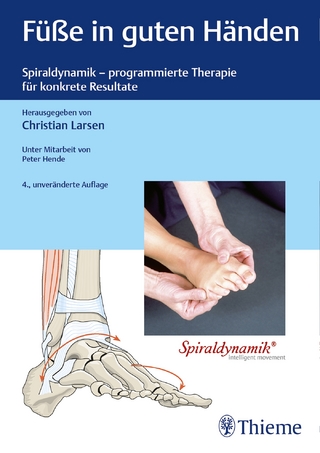
Protein-Based Nanocomposites for Tissue Engineering
Woodhead Publishing (Verlag)
978-0-323-99357-9 (ISBN)
- Noch nicht erschienen (ca. Dezember 2025)
- Versandkostenfrei innerhalb Deutschlands
- Auch auf Rechnung
- Verfügbarkeit in der Filiale vor Ort prüfen
- Artikel merken
Dr. Showkat Ahmad Bhawani is presently working as an Associate Professor at Department of chemistry, Faculty of Resource Science and Technology, UNIMAS Malaysia. In addition to this, he has a teaching experience of two years from King Abdul Aziz University- North Jeddah and a post-doctoral experience of Three years from the Universiti Sains Malaysia, Malaysia. He has received his M Sc. in Analytical Chemistry and Ph D. in Applied Analytical Chemistry from Aligarh Muslim University, Aligarh, India. He is working on the synthesis of molecular Imprinting polymers for the removal/extraction of dyes, fungicides and various natural products from environmental and biological samples. In addition to this, he is also working on the development of new test methods and determining standard conditions for analysis (Separation, Isolation and Determination) of various analytes from environmental and biological samples. He is involved in the analysis of samples like: Surfactants, Amino acids, Drugs, Vitamins, Sugars and Metal ions. He has published 1 book and 8 book chapters and he has published more than 30 papers in various journals. He is life member of Asian polymer association and editorial board member of several journals. His research focuses on the process-property-application correlation of nanocellulose-based assembled dimensional structures, as well as the fabrication of functionally and structurally sound dimensional architecture for predefined applications. He has presented widely on his research, publishing ten book chapters, and over 30 research papers. He serves as a consultant both in academia and for industry. Dr. Mohammad Jawaid is currently affiliated with the Department of Chemical and Petroleum Engineering at United Arab Emirates University. Previously he was a senior fellow (professor) in the Laboratory of Biocomposites Technology at the Institute of Tropical Forestry and Forest Products (INTROP), Universiti Putra Malaysia. He is an eminent scientist with more than twenty years of teaching, and research experience in composite materials. His research interests include hybrid reinforced/filled polymer composites, and advanced materials such as graphene/ nanoclay/fire retardant, lignocellulosic reinforced/filled polymer composites, and the modification and treatment of lignocellulosic fibres and solid wood, and nanocomposites and nanocellulose fibres.
1. Protein-based nanocomposites: An overview
2. Types, stability, biocompatibility and toxicity of protein-based nanocomposites
3. Advantages limitations/challenges of protein-based nanocomposites
4. Recent advances in design and development of protein nanocomposites
5. Biomedical applications of protein-based nanocomposites
6. Silk fibroin-based nanocomposites for tissue engineering
7. Collagen-based nanocomposites for tissue engineering
8. Keratin-based nanocomposites for tissue engineering
9. Zein-basednanocomposites for tissue engineering
10. Collagen/Gelatin-based hydrogels for tissue engineering
11. Fibrin-based hydrogels for tissue engineering
12. Elastin-based hydrogels for tissue engineering
13. Silk-based hydrogels for tissue engineering
| Erscheint lt. Verlag | 1.12.2025 |
|---|---|
| Sprache | englisch |
| Maße | 152 x 229 mm |
| Themenwelt | Medizin / Pharmazie ► Physiotherapie / Ergotherapie ► Orthopädie |
| Technik ► Maschinenbau | |
| Technik ► Medizintechnik | |
| Technik ► Umwelttechnik / Biotechnologie | |
| ISBN-10 | 0-323-99357-5 / 0323993575 |
| ISBN-13 | 978-0-323-99357-9 / 9780323993579 |
| Zustand | Neuware |
| Informationen gemäß Produktsicherheitsverordnung (GPSR) | |
| Haben Sie eine Frage zum Produkt? |
aus dem Bereich


